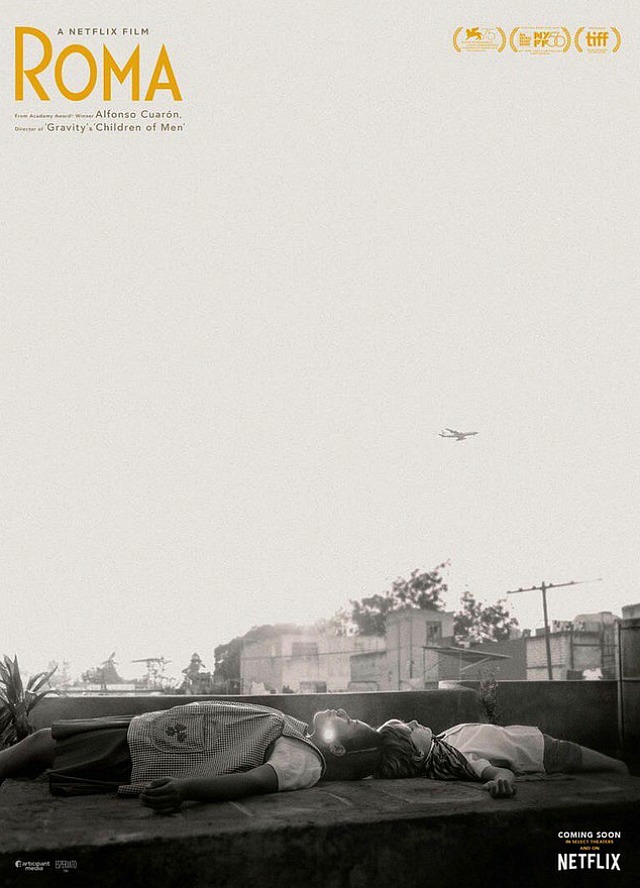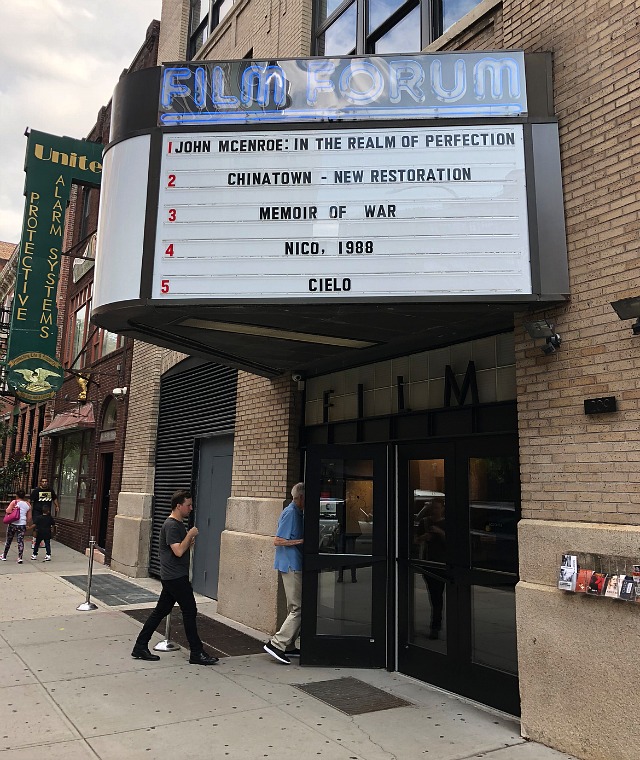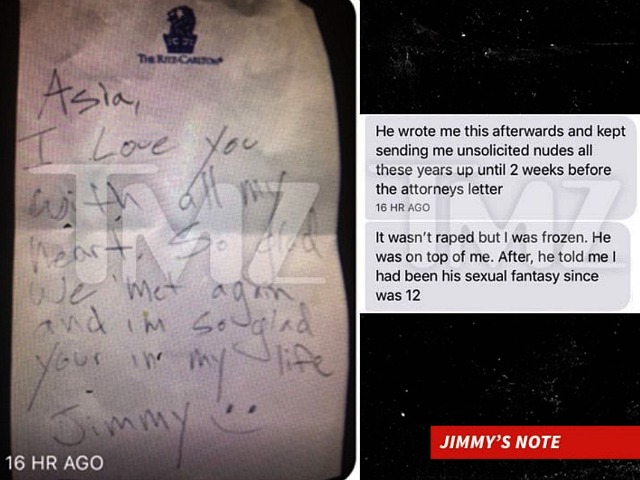Posted 15 years ago: There’s no such thing as a very good or great movie that brings people down, regardless of subject matter. ‘Sad’ or ‘solemnly moving’ is not the same thing as “depressing.” There’s nothing lower in the movie-watching universe than the kind of person who sits through Au Hasard Balthazar and comes out saying ‘whoa, bummer…the donkey died.’
The only truly depressing movie experience is when you’re watching something gross, tacky, incompetent or ineffective.
Life can be hard, cruel, oppressive, boring…but it’s all we’ve got to hold onto and it’s better than being dead.
Movies that relay or reflect basic truths will never be depressing, but those that tell lies of omission by way of fanciful bullshit always poison the air.
Sadness in good movies is not depressing — it’s just a way of re-experiencing honest hurt. Ordinary People is sad, but if you think it’s depressing as in ‘lemme outta here’ there’s something wrong with you.
I’ll give you depressing: living a rich full life (children, compassion, wealth, adventure) and then dying at a ripe old age and coming back (i.e., reincarnated) as a chicken at a Colonel Sanders chicken ranch.
My beef is with movies that impart a distinct feeling of insanity by way of delirium or delusion, or a bizarre obsession. Frank Darabont’s The Green Mile (turn on the current! smell that burning flesh! cuddle that cute mouse!) and The Majestic (rancid small-town “folksiness”) are two such films. Ditto Steven Spielberg’s Always.
Martin Scorsese’s Kundun isn’t a downer. It’s worse than that — it’s paralyzing. And yet Scorsese made one of the greatest spiritual-high movies ever with The Last Temptation of Christ.
On the other hand, Marty sent thousands upon thousands of moviegoers into states of numbing depression when Sharon Stone gave Joe Pesci a blowjob in Casino.
Leaving Las Vegas, Mike Figgis’ film about a lush who’s decides to drink himself to death and doesn’t quit until he succeeds, has never been and never will be depressing. If you’re engaged to someone who thinks it is, tell him or her it’s over — you’ll be divorcing them eventually, so you might as well cut to the chase.





